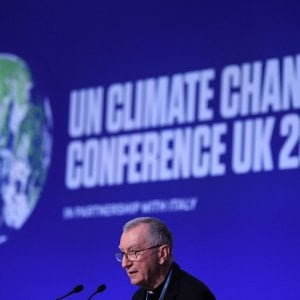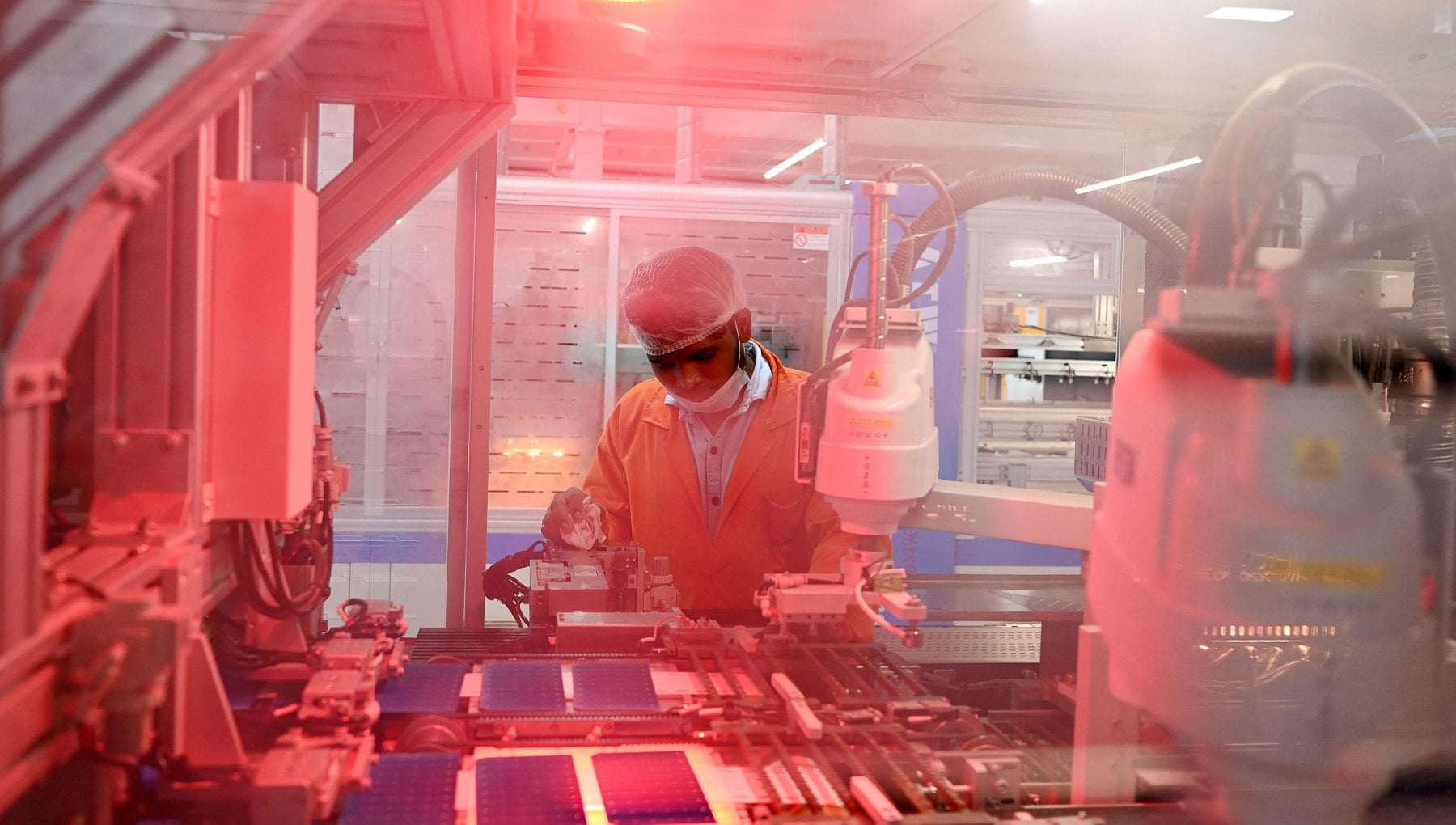“I do not rule out that China and India will do sooner than announced.” Today is Energy Day at Cop26 in Glasgow and Fatih BirolThe Executive Director of the International Energy Agency (Iea), has just returned from a series of face-to-face meetings with the delegations of the countries that “burn” the most.
“I just came out of a meeting with the Chinese special climate envoy, Xie Zhenhua. He assured me that China is committed to achieving carbon neutrality in 2060 and peak carbon dioxide emissions by 2030. However, I hope to see peak Chinese emissions long before the end of this decade.”
Director Birol, is it really a goal at the gates of Beijing to be ahead of the times?
“Yes, it is. Because China is making great strides in the direction of decarbonization: in the electric car sector, in renewable energy, in energy efficiency, in nuclear power. All moves are to reduce carbon dioxide emissions emitted into the atmosphere. That is why I would not be surprised if I saw Chinese emissions decline much before 2030.”
Cingulani: “The climate is now an emergency like Covid. We are focusing on technologies”
Written by our reporter, Annalisa Kozukeria
The other large lagging country is India which has been given until 2070 to achieve carbon neutrality. What is the IEA’s assessment in this case?
“India and China are similar countries in terms of population and geographic size, but with significant differences when looking at the economy, income distribution and type of industrial development. For all these reasons, India needs more time to become its economy carbon neutral. But even in the case of India, I expect We really won’t have to wait until 2070 to see them cross the net zero goal. This country is making great progress in developing technologies related to hydrogen, photovoltaics, and electric vehicles.”
Pope to rich countries: “You are in environmental debt, help the most vulnerable”
by Paolo Rodari

As an Iea, you have published a roadmap for governments around the world on how to decarbonize the energy sector. Do they follow your advice?
“Governments do this, but also many energy companies and many investors from all over the world. To be honest, this exceeds my expectations: almost every day we receive dozens of applications.”
The United States and the European Union are trying to lead the decarbonization process by putting pressure on the two biggest polluters, China, India and Russia, to do more. But are the US and the EU doing enough at home?
“All countries can do better. But the European Union is objectively the champion of the fight against climate change, even if it has not had many allies in the recent past. The United States has just returned to the field that President Biden is determined to take on. Leadership Guide this process However, we should not forget that on the one hand, the United States, the European Union and China must work together to preserve a livable planet for all of us, and on the other hand, they are fiercely competitive champions for leadership in clean energy technologies, technologies that will mark the next chapter of the global economy.”
We’ve had an energy crisis in the past few weeks. Is it the result of environmental transformation?
“The reality is that we are witnessing an unsustainable recovery: the world economy is growing at 6%, the highest rate in the last 50 years, a boom that all depends on fossil fuels. Today there is enough oil and gas.: If producers act responsibly there will be no problem Instead, gas prices in Europe rose dramatically. Like the International Energy Agency, we asked Russia to increase exports to Europe, because stocks were there. A few days later, Moscow pumped 25% more natural gas into pipelines. In short, the boom was The oil and gas prices of the past weeks are artificial and have nothing to do with environmental transformation: the problem is not that there is too much green energy, but that there is too little.”
After G20 and the first three days of COP26, are you more optimistic or pessimistic?
“A lot of good news is coming from Glasgow: from tougher agreements on emissions cuts to the increased financial commitment of rich countries to help developing countries, which is insufficient but still a major economic effort. These are all very clear signals… also targeting those who have invested So far in fossil fuels because they focus on clean energy.”

Communicator. Reader. Hipster-friendly introvert. General zombie specialist. Tv trailblazer

